Can you make your own biochar?
The simple answer is yes. You can make your own biochar.
But the bigger question is why? Why would you make something that could do more harm to the environment than the resulting product will contribute? I read in the excellent book
Terra Pretta that boosting the permanent organic matter in the soil with Biochar actively reduces carbon in the atmosphere.
But when biochar is made in a home system that fails to capture the gases generated in the process you could do more harm than good.
“It is interesting to see so many people making their own biochar all over the planet,” says engineer Rob Lavoie, supplier of the first CFIA registered biochar in Canada.
“However, It’s not a great thing because it introduces a lot of damage to the atmosphere with CH4, CO, and unnecessary CO2 going up as a result. The process we use (at AirTerra) recovers all of the bio-oil and bio-tar that comes off the wood during the process (instead of just combusting them in the off-gas flue-gas stream.) These [gases] are used in a bio-coal that offsets the use of fossil coal. [People making their own] biochar are unintentionally doing more harm than is necessary while trying to “do – good!”.
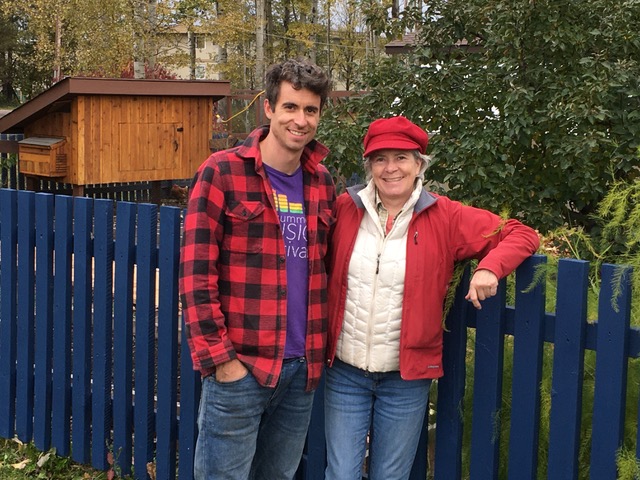
My son, Brennan, lives up North and he received “free” biochar from a friend. It came in large clumps and was “cooked” in an unknown way. There is little chance the biochar used in his garden is doing good and a very good chance the production of the biochar is causing real environmental damage.
When Brennan got biochar from a friend who had made it himself it seemed like a good deal. There was no mention of how it was made or if the gases produced were captured or released into the atmosphere. Also, the “finished” char he received was in clumps the size of a bar-b-que briquette, like lump charcoal. Like swallowing a whole salmon instead of cutting it into bite-size pieces, large chunks of biochar like my son’s are not easily incorporated into the soil. Remember if the biochar is in fine particles, adding 10% by volume to soil or compost is a one-time job because biochar never breaks down and will keep absorbing carbon and holding nutrients indefinitely.
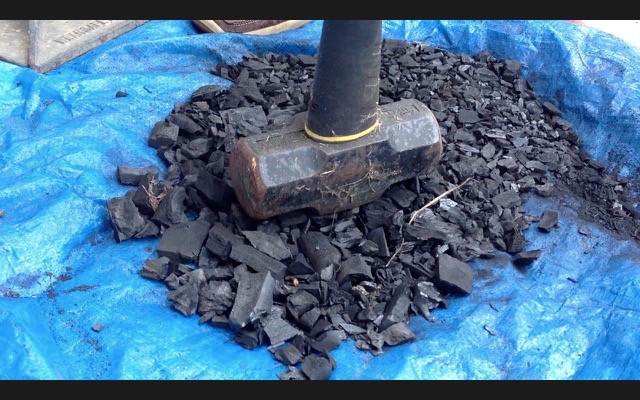
Homemade Biochar might come in big chunks that need to be crushed. Crushing into smaller pieces is not as easy as it seems because when particles are crushed they collapse and may lose some of their air space and ability to hold carbon dioxide.
There are several books that explain how to make biochar without off-gassing and further destroying the environment so if you want to make your own make sure you understand the process, heat the coal to the desired temperature for best results (less ash, more char) and produce small enough crumb structure to make sure the char is really capturing the microbes and nutrients in the soil efficiently.
So the simple answer is yes. You can make your own biochar. The more complicated question is HOW will you do it without harming the environment? Make sure to research this topic fully before digging in and doing more harm than good to the soil and environment you are trying to rescue. Making your own biochar is a case of literally jumping from the pan into the fire if it is not done correctly.
PS I have been watching every video about soil and soil carbon and can highly suggest this short video explaining how improving your soil improves your environment. Watch it HERE.
So can make your own boichar? Sure. But if your goal is to improve the environment by boosting stable organic matter in your garden so that the soil sequesters more carbon than it releases buy registered biochar until you are sure you can make it safely.
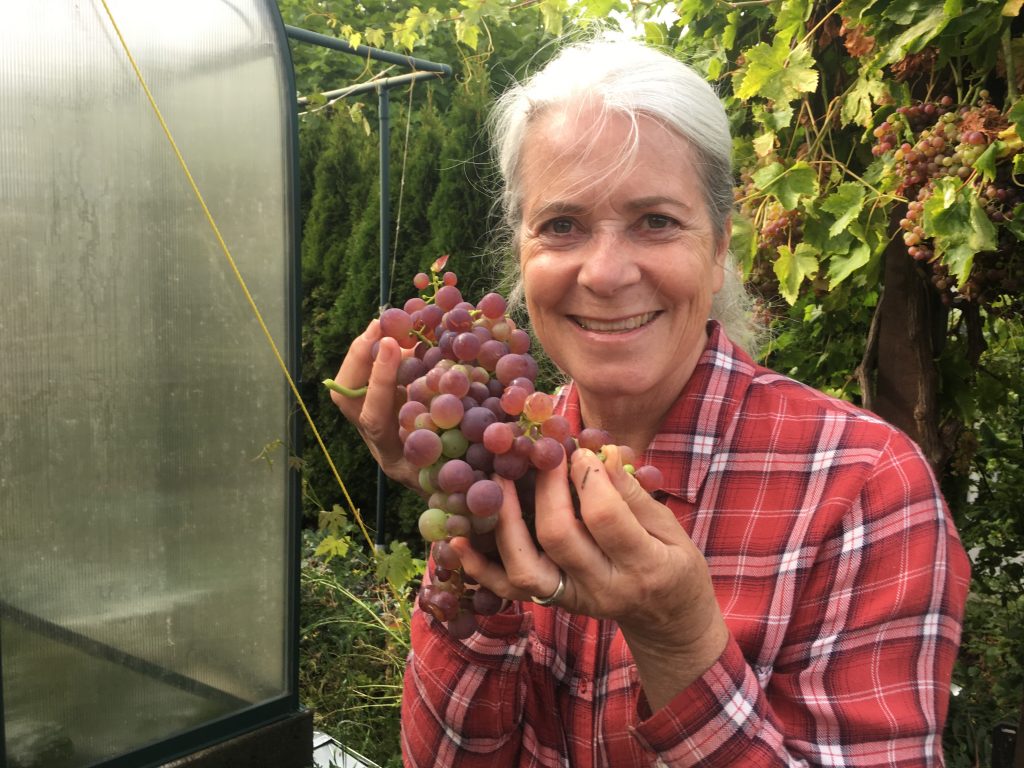
Growing your own food in your own carbon-rich soil means you are part of the solution with global warming. Start making plans now to grow a better garden and your own food in 2020.
PS Do you have questions about Gardening? Join in the conversation on my facebook live event every Monday by clicking right HERE.
Donna Balzer is the Brand Ambassador for BCGreenhouse Builders and she has two greenhouses in her big backyard.

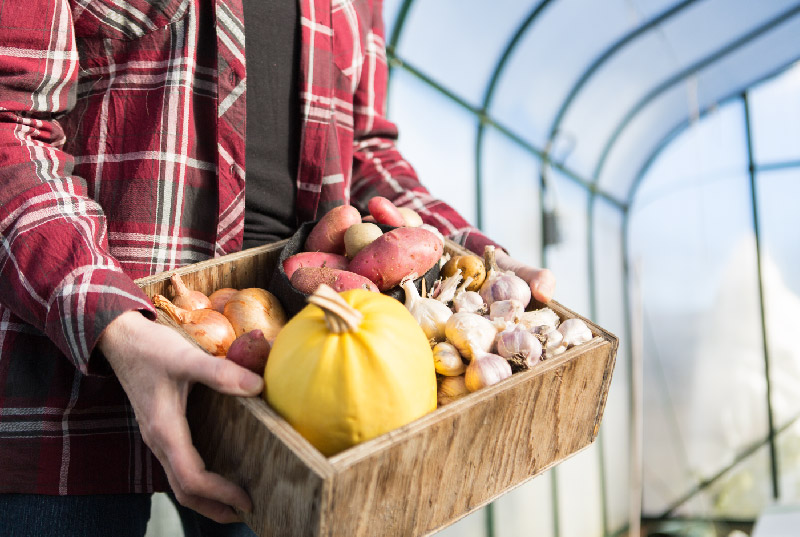





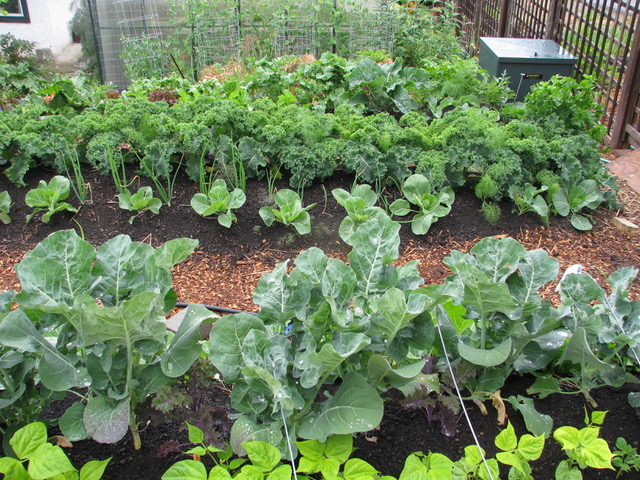









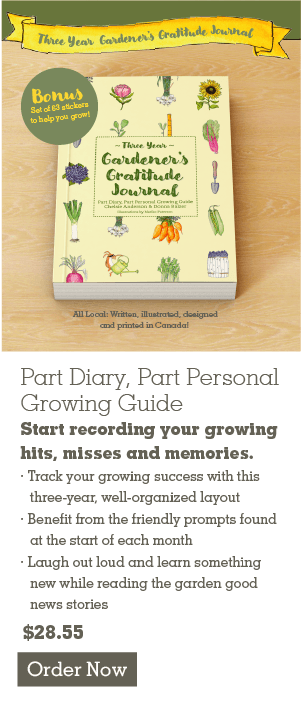





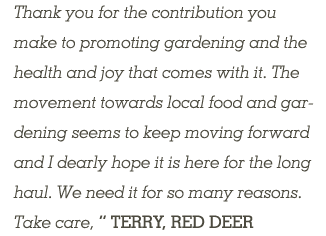
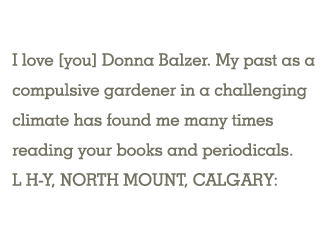
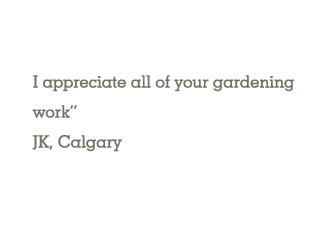
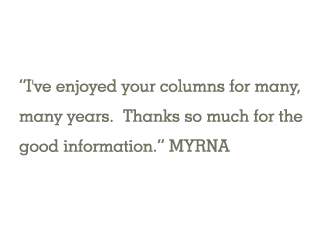
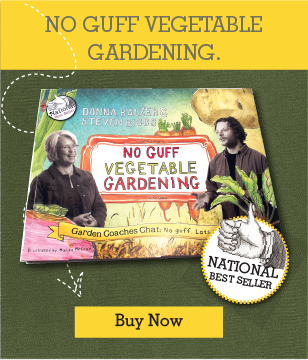
0 Comments